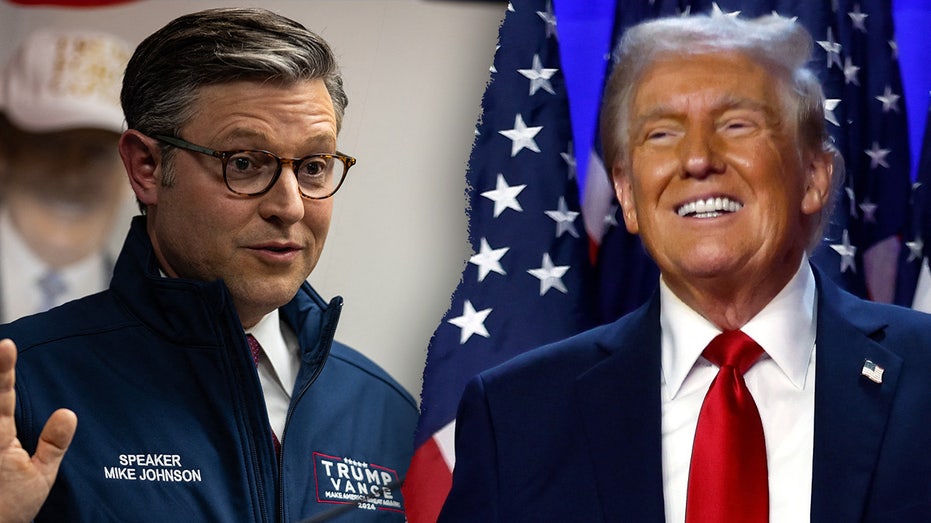Washington D.C. - The White House has quietly introduced the possibility of raising taxes on millionaires, a move that has already drawn criticism from key Republicans. The proposal, reportedly being floated to members of Congress, aims to generate additional revenue for the government. While details remain scarce, sources suggest the tax hike would target individuals with annual incomes exceeding $1 million.
Republican leaders have swiftly voiced their opposition, arguing that such a tax increase would stifle economic growth and discourage investment. They maintain that the current tax structure, implemented under previous administrations, is sufficient. The GOP is exploring alternative strategies to address budgetary concerns, including spending cuts and reforms to existing programs.
The budget reconciliation process, often used to pass legislation with a simple majority in the Senate, could be a potential pathway for this tax proposal. However, even within the Democratic party, there may be differing opinions on the scope and impact of such a tax increase. Negotiations are expected to be complex and potentially protracted, with the outcome remaining uncertain.
Experts note that the debate over millionaire taxes is a recurring theme in American politics, reflecting fundamental disagreements about wealth distribution and the role of government in the economy. The current proposal is likely to reignite these long-standing debates and test the political will of both parties.
White House Considers Millionaire Tax Hike; GOP Resists

The White House is exploring a potential tax increase on millionaires, sparking immediate opposition from Republican leaders in Congress. This proposal is being discussed as a possible revenue source to support future policy initiatives. However, GOP members are already signaling strong resistance, setting the stage for a contentious debate. The proposal's fate hinges on bipartisan negotiations and the administration's ability to garner support.